Relationship Therapy in Vancouver
Counselling for Relationship Issues
Relationships are central to our lives – whether romantic, platonic, familial, or professional. But when our fears or unmet needs get in the way, relationships can become a source of stress, confusion, and pain.
Maybe you’re stuck in the same cycle again and again, unsure how to change it. Or maybe you’re reeling from a recent breakup or conflict and trying to make sense of what happened.
At ARC, we offer individual and couples therapy to help you better understand your relationship patterns, so you can have healthier and more meaningful connections.
Are you struggling with negative patterns in your relationships?
It’s not always easy to see clearly when we’re in the middle of emotional pain. You might feel confused about what’s “normal,” unsure of your needs, or torn between wanting closeness and protecting yourself.
Here are some common signs you may be struggling with relationship issues:
- Repeating painful patterns in dating or long-term relationships
- Struggling to trust or open up emotionally
- Feeling anxious, clingy, or preoccupied with someone else
- Avoiding intimacy or pushing people away
- Difficulty setting boundaries or saying no
- Fear of abandonment or being “too much”
- Constant people-pleasing at the expense of your own needs
- Struggling to move on after a breakup or conflict
How therapy can help with relationship issues
Healthy relationships begin with self-awareness. Therapy offers a safe, attuned space to explore how your past may be shaping your present, including the ways your nervous system responds to closeness, conflict, or vulnerability. As you begin to understand your attachment patterns and relational history, you can start building stronger connections—without abandoning yourself.
Your ARC therapist will help you:
Understand your relational patterns and attachment style
Explore how past relationships or early experiences shaped your current struggles
Clarify your emotional needs, personal limits, and core desires
Learn how to set healthy boundaries and communicate with confidence
Build self-trust and emotional resilience
Process heartbreak, betrayal, or relational trauma
- Regulate difficult emotions like anxiety, fear, or rejection
- Cultivate deeper, more secure, and fulfilling relationships
Let’s work through this together
You don’t have to keep repeating the same painful patterns. Whether you’re healing from past relationships or learning how to show up more fully in the ones you have right now, therapy can help you build stronger, more meaningful ties.
At ARC, we provide warm and supportive counselling to help you understand your relational patterns, rebuild trust in yourself, and create connections that feel secure, balanced, and true to who you are. Reach out today to book your free 30-minute consultation with one of our therapists.
Meet Our Vancouver Therapists

Tianna Bobariu
Registered Clinical Counsellor (RCC)

Amenda Kumar
Registered Social Worker (RSW)
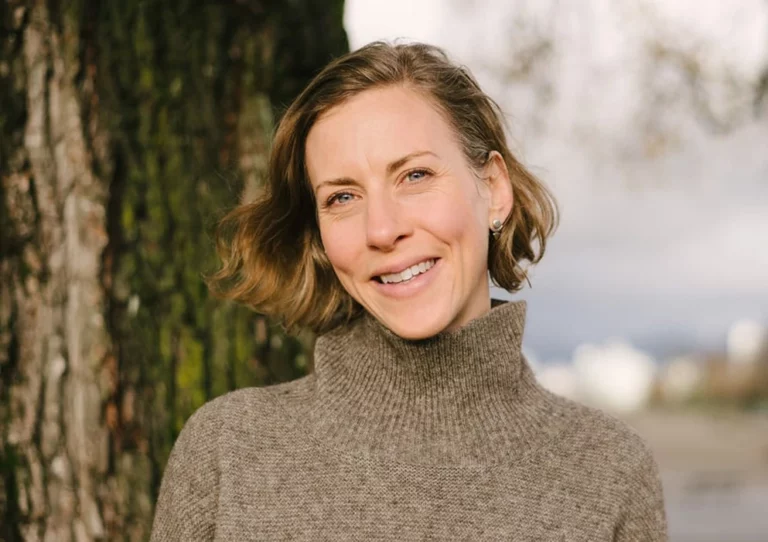
Kristen Rattray
Registered Clinical Counsellor (RCC)
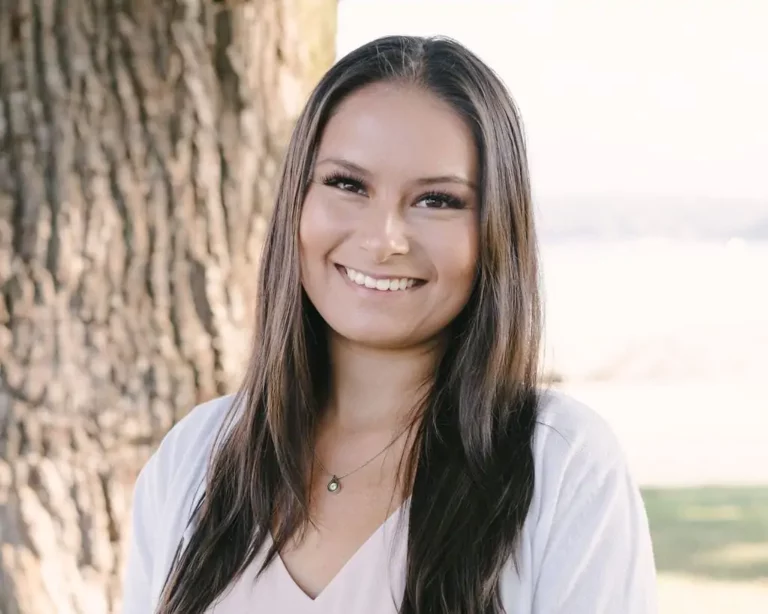
Kiana Maeda
Registered Clinical Counsellor (RCC)

Jack Wong
Registered Social Worker (RSW)
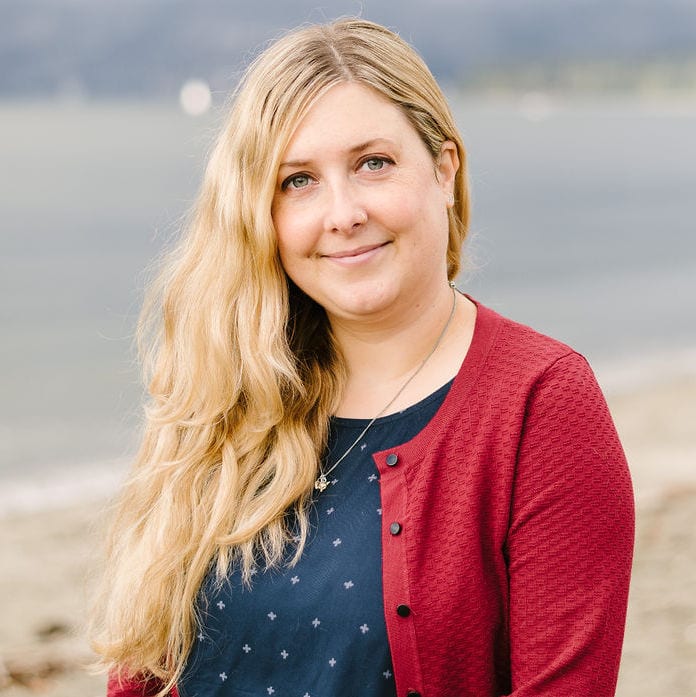
Danielle Simpson
Registered Clinical Counsellor (RCC)
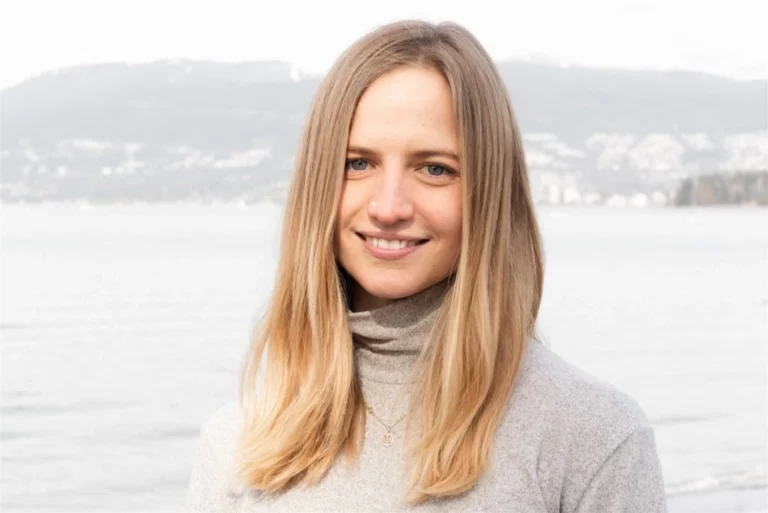
Elise Millett
Registered Social Worker (RSW)
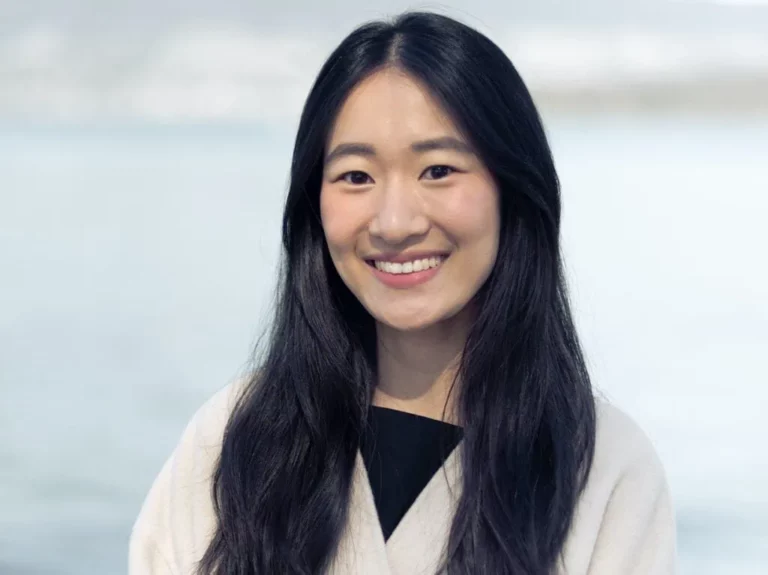
Lilian Wang
Registered Clinical Counsellor (RCC)
Getting The Help You Need is Easy
Reach Out
Fill out our easy contact form. All we need is your basic info, and a few words about what brings you to therapy.
Free Consultation
We’ll reach out to schedule your complimentary consultation. We’ll discuss your goals, questions, and make sure we’re the right fit.
Start Therapy
Feeling ready? We’ll book your first session and create a personalized plan to help you live the life you deserve.
What to Expect in Relationship Therapy
Creating Safety & Self-Awareness
We begin by exploring what’s been happening in your relationships. Whether it’s a recent event or a long-standing pattern, you’ll have space to share without judgment or pressure.
Understanding Attachment & History
We’ll look at how your past relationships have shaped your sense of safety, trust, and belonging. Recognizing these patterns helps you make more empowered choices.
Working with Emotions & Boundaries
You’ll learn how to navigate big emotions like anger, fear, or rejection—while also developing the tools to set clear, respectful boundaries and stay connected to your needs.
Healing from Breakups or Disconnection
If you’re moving through a breakup, betrayal, or rupture, we’ll help you process the grief and focus on supporting your sense of self-worth and direction.
Changing Relational Patterns
As therapy continues, we’ll help you with interrupting people-pleasing, avoidant behaviours, or anxious spirals. You’ll practice new ways of relating with yourself and others that feel more balanced and fulfilling.
Creating Space for Healthy Connection
In the final stages, you’ll work on integrating what you’ve learned—so you can approach future relationships more consciously, more intentionally, and with more self-compassion.
Frequently Asked Questions
Do I need to be in a relationship to benefit from therapy?
Not at all. Many people come to therapy to explore relational patterns from the past, process breakups, or work on how they want to show up in future relationships. Therapy helps you build awareness, boundaries, and emotional confidence—regardless of your relationship status.
What’s the difference between relationship therapy and couples therapy?
Relationship therapy can refer to individual counselling for relationship challenges, or it can refer to couples therapy—where more than one partner is present. At ARC, we offer both. Individual relationship therapy is about helping you understand yourself better in connection with others, whereas couples therapy is about healing the larger dynamics present between yourself and your partner. In other words: in individual therapy you are the client, in couples therapy the relationship is the client.
Can therapy help me stop people-pleasing or fearing abandonment?
Yes. These are common struggles we support clients with. Together, we’ll explore where those patterns come from (often rooted in early attachment experiences) and help you practice new ways of relating that honour your needs without losing connection to others.
What if I keep ending up in painful or one-sided relationships?
You’re not alone. Many people find themselves repeating familiar—but unfulfilling—dynamics. Therapy helps you slow down, understand what’s driving those patterns, and begin making more intentional choices that align with your deeper values and needs.
Can therapy help after a breakup?
Yes. Whether it was recent or long ago, breakups can stir up grief, guilt, confusion, and even identity loss. This remains true even if the breakup was your choice. Therapy provides space to process the experience, make sense of what happened, and move forward with more awareness and self-compassion.
Can therapy help me understand my attachment style?
Absolutely. Many clients discover in therapy that their relationship struggles are rooted in attachment dynamics—like anxious, avoidant, or disorganized patterns. We’ll help you explore how your early relationships shaped the way you connect today, and gently support you in creating more secure ways of relating.
Can therapy help me set better boundaries in my relationships?
Yes. Boundaries can be difficult, especially if you’re used to prioritizing others. Therapy can help you understand where your boundaries feel unclear, teach you how to communicate them confidently, and support you in setting limits that feel respectful and sustainable.
How long does relationship therapy take?
That depends on your goals and what you’re working through. Some clients start to notice changes in just a few sessions, especially around clarity and communication. For longer-term patterns—like attachment wounds, codependency, or relational trauma—ongoing work is often more helpful. We’ll tailor the pace to what feels right for you.
Is relationship therapy covered by insurance?
Yes. Most extended health plans cover counselling with a Registered Clinical Counsellor. We’ll provide you with a receipt to submit for reimbursement—most clients are reimbursed within a few business days.
What if I’m nervous to open up about my relationship struggles?
That’s completely normal, especially if your experiences have left you feeling guarded, ashamed, or unsure how to begin. We offer a free 30-minute consultation so you can meet your therapist, ask questions, and see how it feels. You’ll never be pressured to share more than you’re ready for. We’ll go at your pace, together.
A Message of Support from Our Director
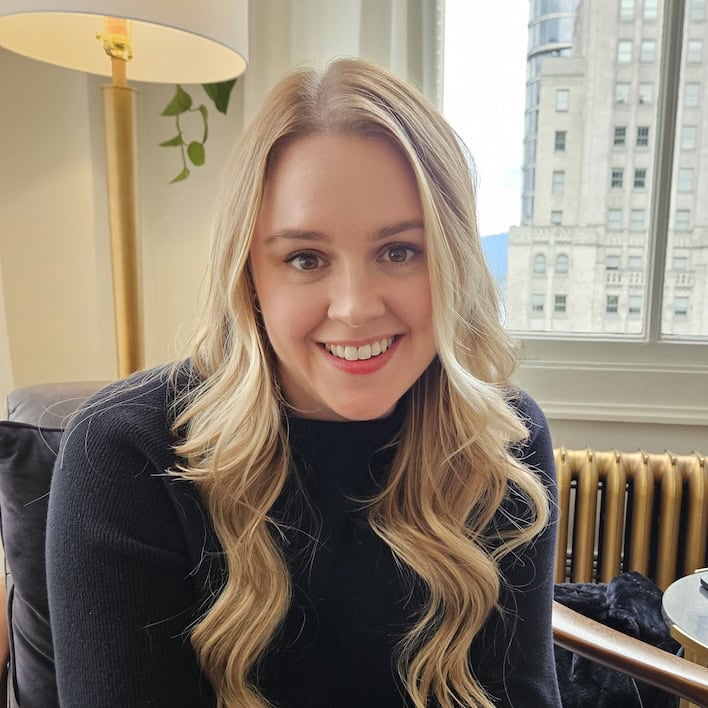
Hi, I’m Kelsey, the Clinical Director here at ARC. I want to start by saying something that doesn’t get said enough – it’s okay to need support.
If you’re reading this, you might be feeling overwhelmed, stuck, or simply not yourself. At ARC, we understand how deeply personal it is to reach out for help. That’s why we’re so intentional about the care we offer. Every therapist on our team is here because they lead with heart, bring strong clinical training, and truly care about helping people feel better.
We also know that feeling safe in therapy means feeling seen and respected. That’s why we’re committed to creating an inclusive space – one that honours your identity, your culture, and your lived experience.
My role is to make sure your experience here is thoughtful, safe, and meaningful – from your very first point of contact to the support you receive in therapy. If you’re unsure about where to start, I encourage you to reach out for a free consultation. I’ll personally take the time to read your request and match you with one of the therapists on our team.
You’ve already taken the first step by being here. When you’re feeling ready, take the next step by reaching out – and we’ll walk the rest of the way together.
Take the next step towards feeling better today

Location
470 Granville St, #922
Vancouver, BC, V6C 1V5
Our Hours
Mon – Fri: 09:00 – 21:30
Sat – Sun: 09:00 – 20:30
